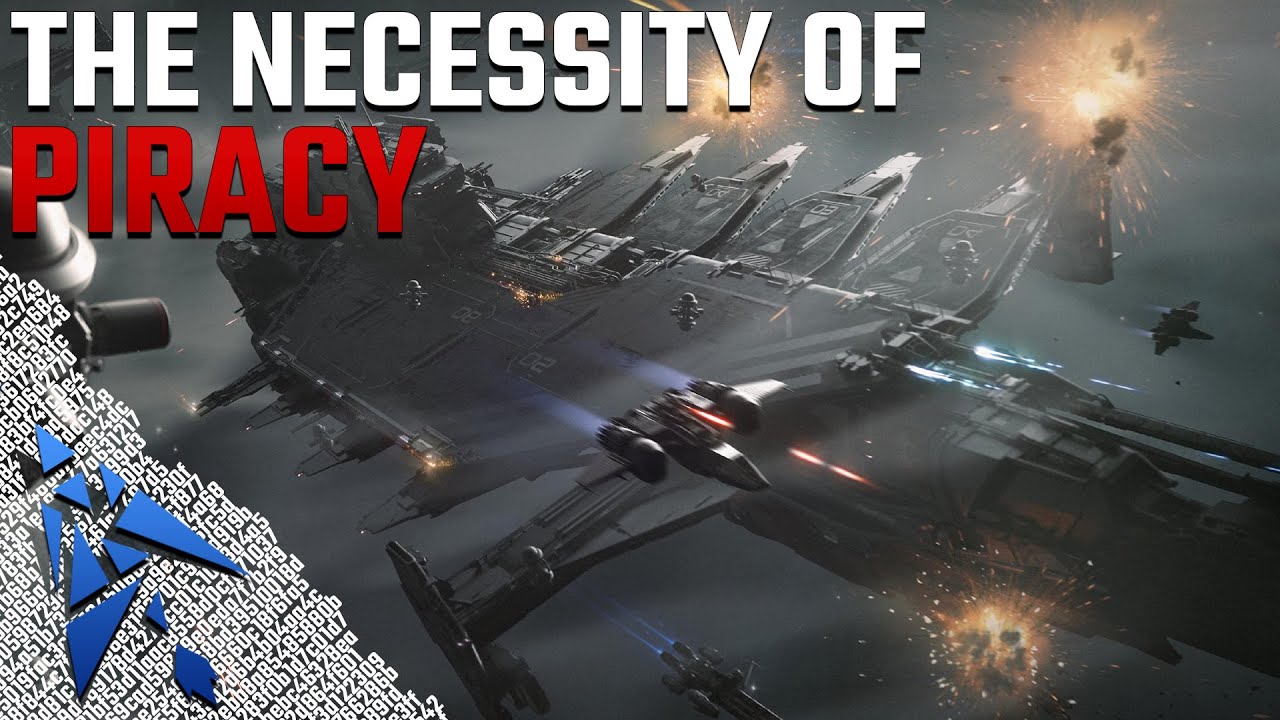This video explores the impact of piracy in Star Citizen, discussing both NPC pirates and player-driven piracy. It highlights how piracy affects the economy by causing disruptions in trade, creating shortages, and influencing probability volumes, ultimately shaping the game world and providing opportunities for profit and growth.
In this video, the creator discusses the impact of piracy on the economy of Star Citizen, both from the perspective of NPC pirates and player-driven piracy. The video starts by examining real-life piracy and its minimal impact on the global economy. It is noted that piracy can cause delays, penalties, fines, and increased costs for shipping companies, as well as an international government response in the form of naval task forces. However, the number of pirate attacks per year is relatively low compared to the volume of global shipping.
Moving on to Star Citizen, the video explains how NPC pirates are created and controlled through the use of quanta and probability volumes. Quanta specialize in different professions, such as mining, trading, law enforcement, or piracy, and their actions affect probability volumes, which determine the likelihood of encounters in certain areas. These encounters can involve NPCs attacking players or can occur solely in the quantum simulation. The disruption caused by piracy in a specific area can lead to shortages of raw materials in nearby trading locations, increasing demand and potentially affecting the wider supply chain. Goods seized by pirates are redirected to black markets, creating growth in lawless areas.
The video then discusses player-driven piracy, which follows a slightly different flow. While player pirates can encounter NPCs generated by probability volumes, their primary targets are likely to be other players. This increased danger caused by player piracy triggers changes in probability volumes, leading commerce quanta to avoid the area and security response to ramp up. However, the security response may also be player-driven, as rival factions compete for control. This interaction between players and quanta can influence probability volumes and the quantum simulation, impacting the economy.
Finally, the video mentions encounters between players and quanta, explaining that while they don’t physically exist in the game world, they generate probability volumes that spawn single-use NPCs for players to encounter. These encounters can include miners, traders, or outlaws attempting to attack the player. The game also has virtual AI that persist between encounters, with reputation tracking, which could potentially play a significant role in the game world.
Overall, the video highlights the interconnectedness of piracy, commerce, and security, emphasizing how piracy can drive economic downturns, but also create opportunities for profit and growth. It ends by inviting viewers to share their thoughts on how piracy and crime should impact the economy and how the economy should function in lawless systems.
